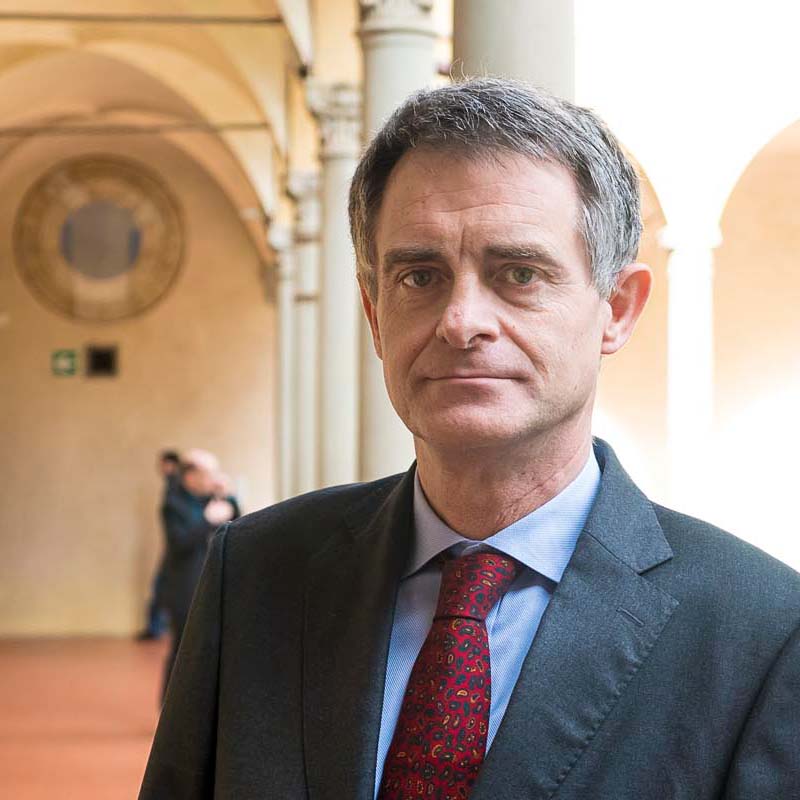
The Workshop will consider these and other related issues in assessing the way in which the new structure of costs of electricity generation (from renewable energy) might require an upgrading of the current electricity market design, taking into account the need to provide correct investment signals and correct short-term market signals that preserve efficient market outcome in the long and short term.
The Workshop will be structured in two sessions:
Participation in this workshop is open to representatives of National Regulatory Authorities, ACER, the European Institutions, FSR Energy Donor companies, European, national, regional and local public administrations as well as publicly-owned research centres. Priority in the allocation of seats is given to National Regulatory Authorities, ACER, the European Institutions and FSR Energy Donor companies.
Background
The electricity market in the EU, at least in the day-ahead timeframe, has been designed on the basis of single/marginal-price auctions, where, in each market time unit (typically one hour) electricity is bought and sold (in each price area) at the equilibrium market clearing price, which reflects the prices indicated in the marginal bid and offer (the “last” bid and offer accepted in the merit orders of bids ranked in descending price order and offers ranked in ascending price order).
The transition towards a decarbonised energy sector is partly based on a significant increase in the penetration of generation from renewable energy sources. Much of this generation – e.g. wind and solar – has zero or very low marginal costs, but significant fixed (capital) costs. Therefore, when this type of generation is sufficient to cover demand, the resulting equilibrium market prices are likely to be zero or very low. With an increasing penetration of generation from renewable resources, low/zero prices will become more frequent, which will raise the issue of the recovery of fixed costs for these technologies, as well as for other technologies which may still be needed to cover demand as back-up capacity or at times when renewable energy generation is not sufficient.
The resulting profile of market prices may, therefore, be characterised by many periods of low/zero prices and some periods when prices might be very high to allow the recovery of the fixed costs of the generation capacity mix.
This greater variability of market prices represents a risk for generators and may discourage investment in generation capacity. This is the issue that capacity remuneration mechanisms aim to address, by providing a more stable stream of revenues for generators and other resources needed to balance electricity demand and supply. High variability of electricity prices might also represent a risk for consumers, who may prefer more predictable and stable price levels.
Therefore, beyond the introduction of capacity remuneration mechanisms, which should be the very last resort (as also indicated in the Clean Energy Package legislation), the issue arises of whether additional trading instruments should be developed which might be used to hedge the somewhat symmetric risks faced by generators and consumers.
Deadline for registration: 1 November 2020




To meet, discuss and learn in the channel that suits you best.